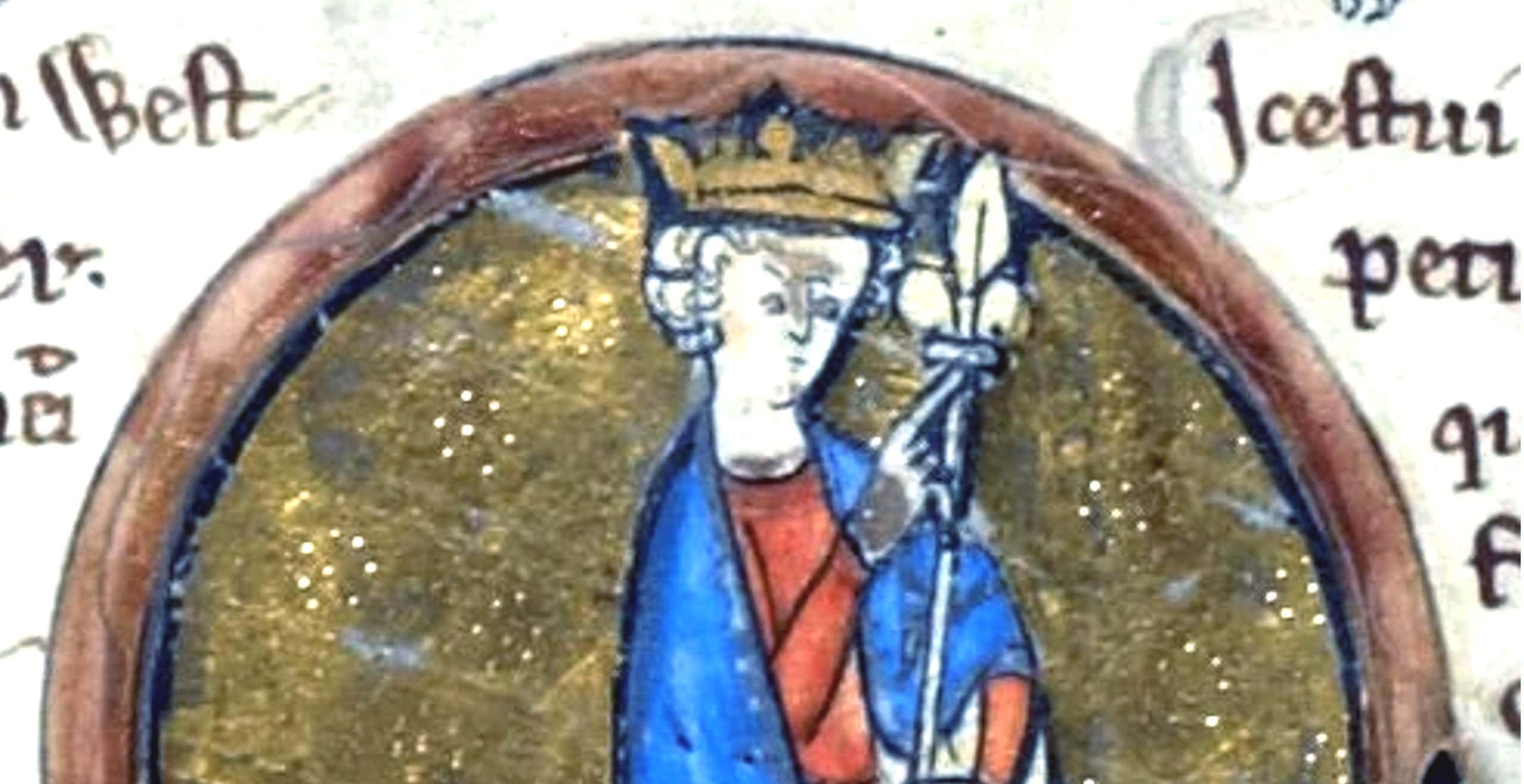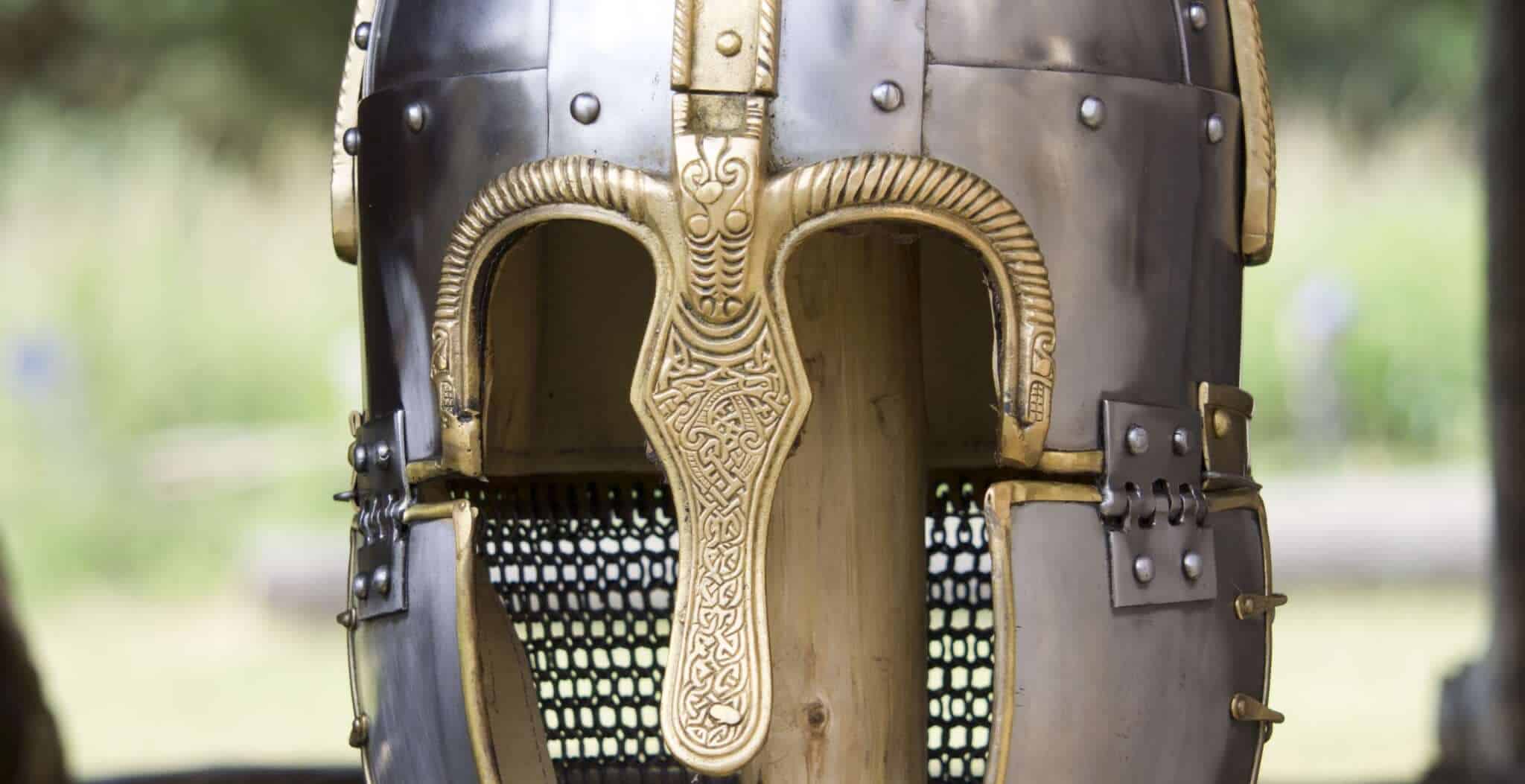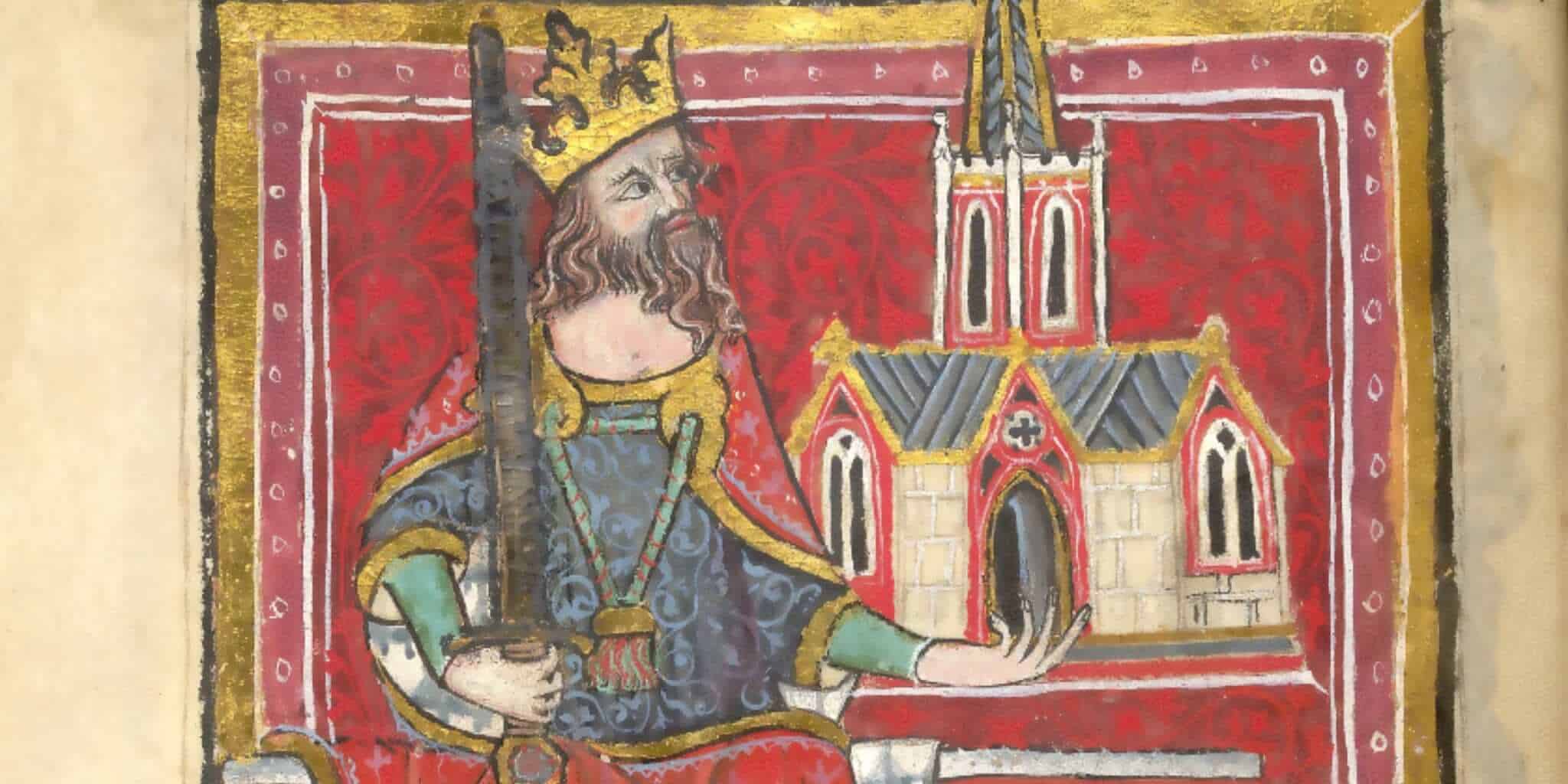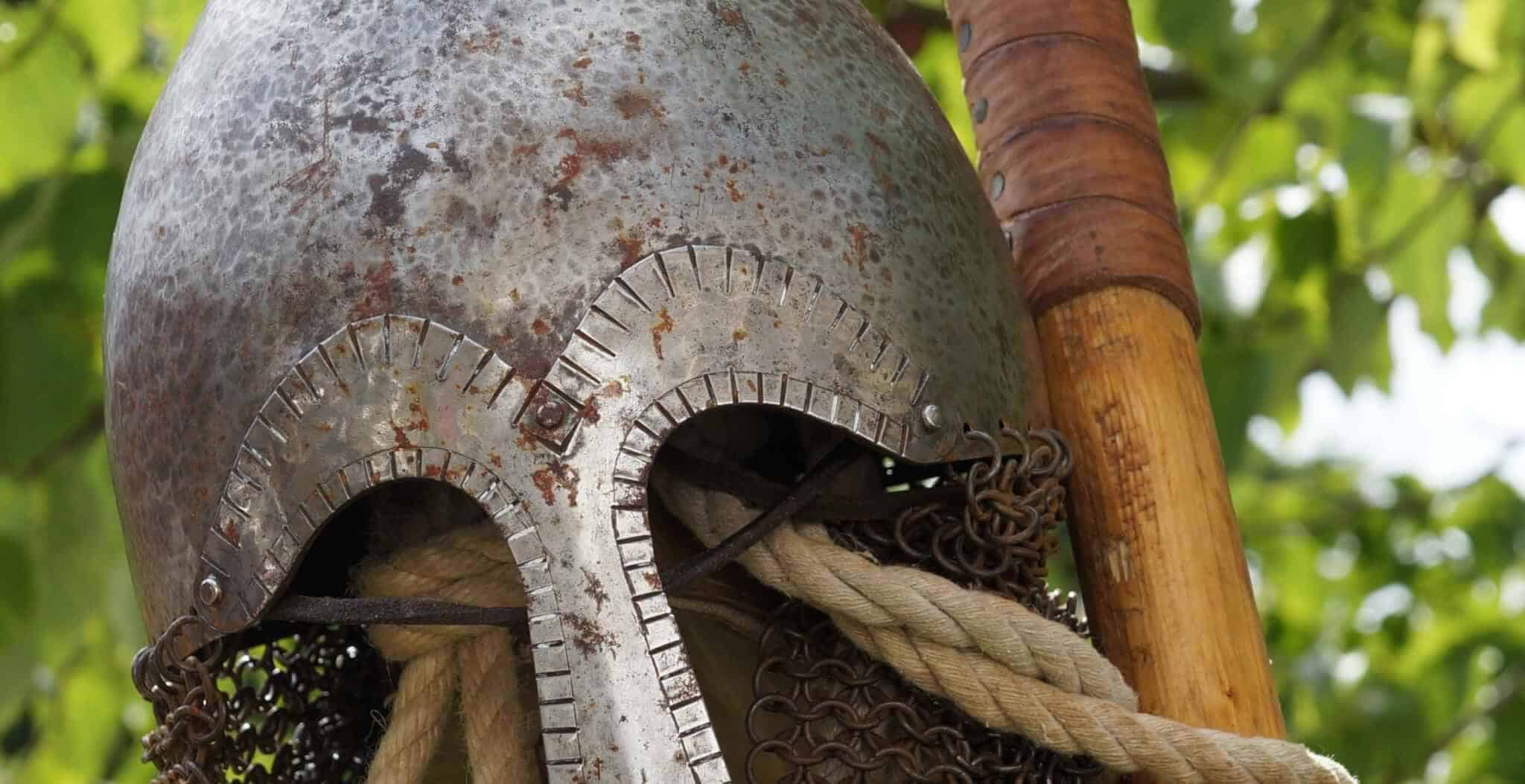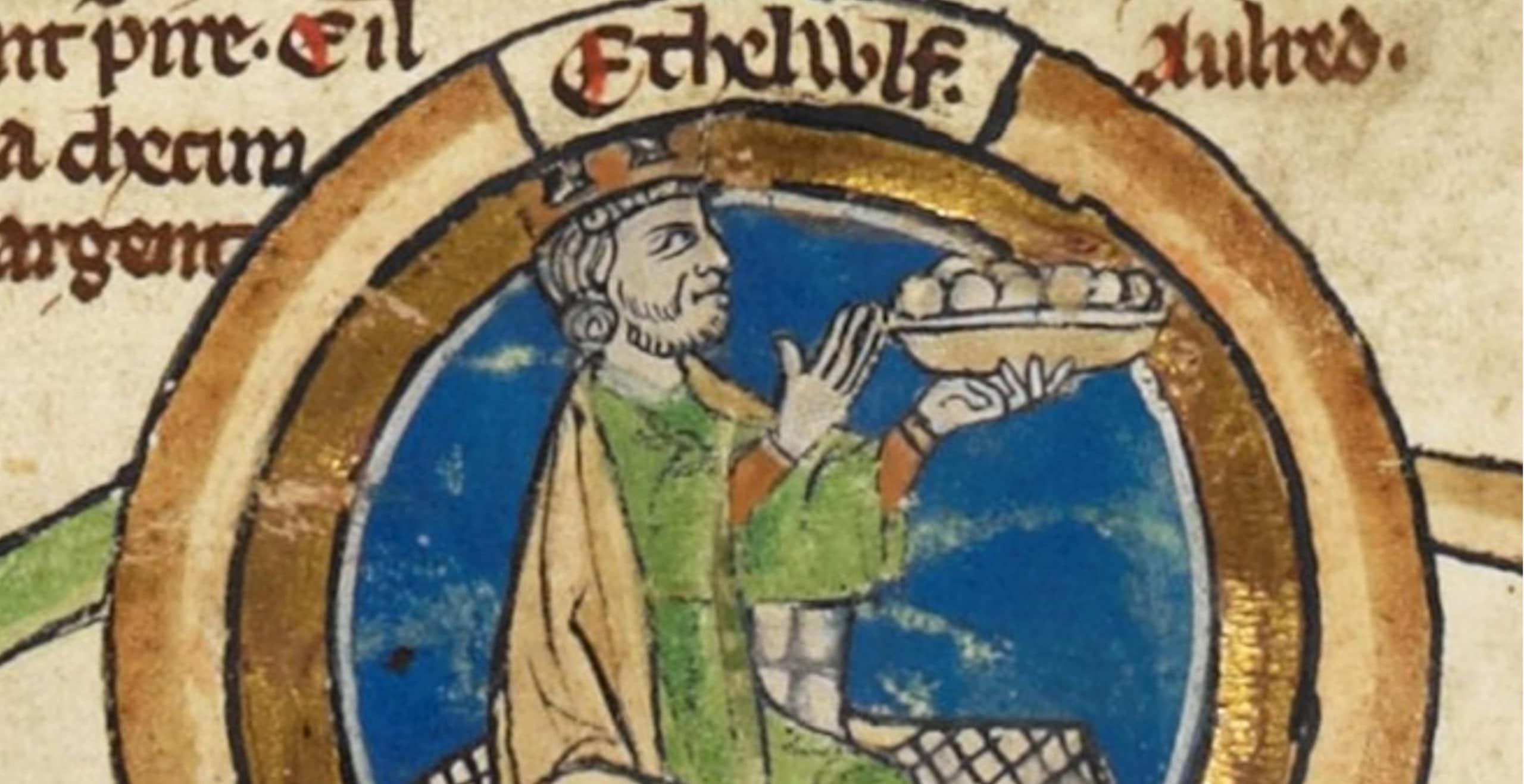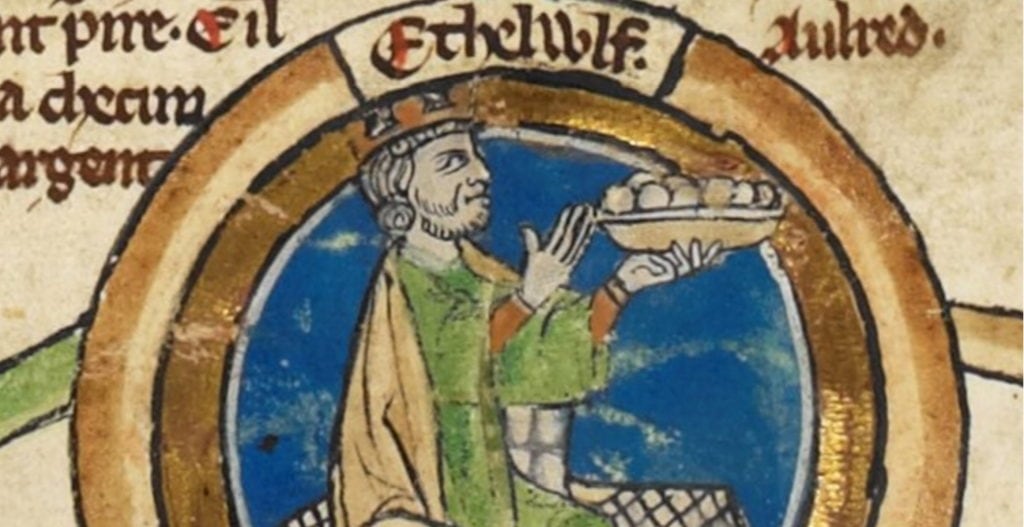In 829, Egbert became the eighth “bretwalda” of Britain, a term denoting him as overlord of the many kingdoms of England, a notable achievement in a time of rivalry between numerous Anglo-Saxon territories each vying for power, land and supremacy.
Egbert, like many Saxon rulers claimed he was of noble lineage that could be traced back to Cerdic, the founder of the House of Wessex. His father Ealhmund was King of Kent in 784, however his reign failed to garner much attention in the Anglo-Saxon Chronicle as he was overshadowed by the growing power of King Offa from the kingdom of Mercia.
This was a time when Mercian power had reached its peak during the rule of King Offa and as a result, neighbouring kingdoms often found themselves dominated by the imposing and growing strength of Mercia hegemony.
In Wessex however, King Cynewulf had succeeded in maintaining a certain level of autonomy from Offa’s ultimate control. Sadly, in 786 King Cynewulf was murdered and whilst Egbert was a contender to the throne, his kinsman Beorhtric took the crown instead, despite Egbert’s protestations.
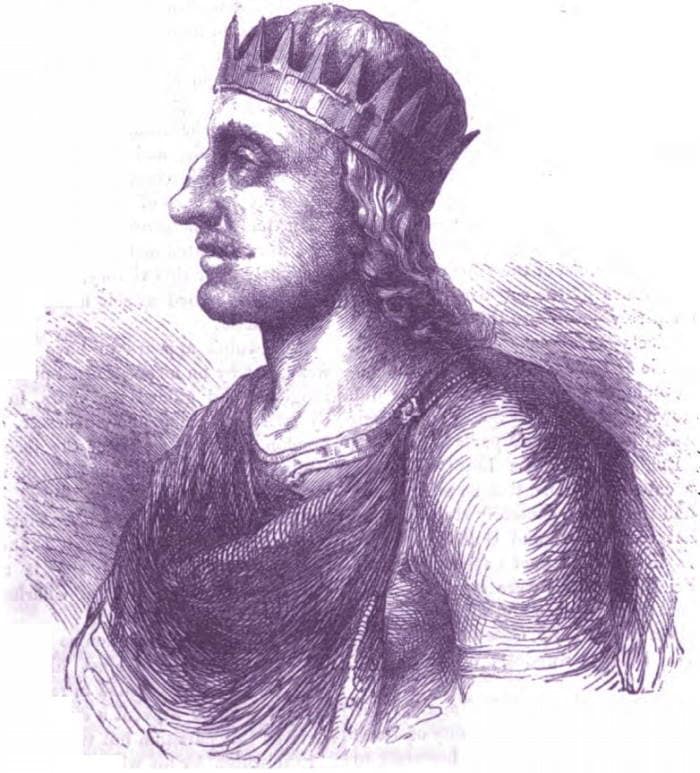
With Beorhtric’s marriage to King Offa’s daughter, Eadburh, cementing his powerbase and alliance with Offa and the Kingdom of Mercia, Egbert was forced into exile in France.
Banished from England, Egbert would spend several years in France under the patronage of the Emperor Charlemagne. These formative years would prove to be most useful for Egbert, as he received his education and training there as well as spending time in the service of Charlemagne’s army.
Moreover, he went on to marry a Frankish princess by the name of Redburga and produce two sons and a daughter.
Whilst he remained in the safety of France during the entirety of Beorhtric’s reign, his return to Britain was inevitable.
In 802, Egbert’s circumstances changed as news of Beorthric’s death meant that Egbert could finally take the Kingdom of Wessex with the valuable support from Charlemagne.
Meanwhile, Mercia looked on in opposition, reluctant to see Egbert maintain a level of independence from Offa’s kingdom.
Keen to make his mark, Egbert made plans to extend his power beyond the confines of Wessex and thus looked to the west towards Dumnonia in order to incorporate the native Britons into his domain.
Egbert thus launched an attack in 815 and managed to conquer vast areas of western Britain to become an overlord of the Cornish.
With fresh victory under his belt, Egbert did not halt his conquering plans; on the contrary, he would seek to take advantage of the seemingly dwindling power of Mercia which had reached its peak and was now on the decline.
The timing for a power grab was perfect and in 825 one of the most significant battles of the Anglo-Saxon period and most definitely of Egbert’s career took place. The Battle of Ellendun which took place near Swindon would formally conclude the period of domination for the Mercian kingdom and usher in a new power dynamic, with Egbert very much front and centre.
At the Battle of Ellendun, Egbert secured a decisive victory against the then King of Mercia, Beornwulf.
Keen to capitalise on his success, he sent his son Aethelwulf with an army to the southeast where he went on to conquer Kent, Essex, Surrey and Sussex, regions which had been previously dominated by Mercia. The result was the kingdom almost doubling in size, transforming the political situation and instigating a new era for the Wessex Kingdom.
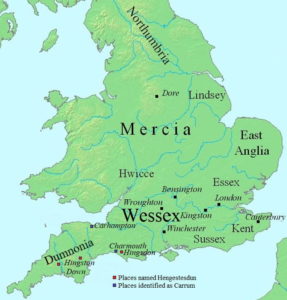
Meanwhile, the humiliating defeat of Beornwulf instigated rebellion against Mercian authority, involving the East Angles who were allied with Wessex and fought against Mercian power and won. With their independence secured, Beornwulf’s attempts to hold on to the East Angles would result in his death and reinforce Egbert’s power over the southeast and territories previously under the domination of Mercia.
With the political landscape firmly recalibrated in favour of Egbert, he made one more decisive manoeuvre in 829 when he went on to occupy the kingdom of Mercia itself and oust King Wiglaf (the new king of Mercia), forcing him into exile. At this moment, be became overlord of England and his supremacy was acknowledged by Northumbria.
Whilst his control was not destined to last, Egbert had made great strides in reversing an era of Mercian domination and permanently affected the hegemony which the kingdom had enjoyed for so long.
Despite his newly acquired “bretwalda” status he could not hold onto such significant power for long and it would only take a year before Wiglaf was reinstated and reclaimed Mercia once more.
The damage had already been done however, and Mercia was never able to regain the status it once had. The independence of East Anglia and Egbert’s control of the southeast was here to stay.
Egbert had ushered in a new political dimension and usurped what had been the dominant power of Mercia.
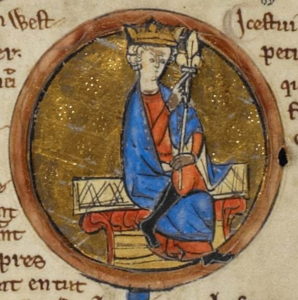
In the latter years of his reign however a more ominous threat loomed from across the water. Arriving in longboats and with a formidable reputation, the arrival of the Vikings was about to turn England and its kingdoms upside down.
With Vikings launching raids on the Isle of Sheppey in 835, their presence looked increasingly dangerous to Egbert’s territorial possessions.
The following year he would be forced to engage in a battle at Carhampton involving the crews of thirty-five ships resulting in great bloodshed.
To make matters worse, the Celts of Cornwall and Devon, who had seen their territory taken over by Egbert, would chose this moment to rebel against his authority and join forces with the Viking hoards.
By 838, these internal and external tensions finally were expressed on the battlefield of Hingston Down where Cornish and Viking allies fought against the West Saxons led by Egbert.
Unfortunately for the rebels of Cornwall, the battle which ensued resulted in a victory for the King of Wessex.
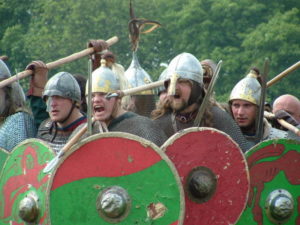
The fight against the Vikings however was far from over, but for Egbert, his devotion to securing power and recouping his losses from Mercia had finally been achieved.
Only a year after the battle, in 839 King Egbert passed away and left his son, Aethelwulf, to inherit his mantle and continue the fight against the Vikings.
Egbert, King of Wessex had left behind a powerful legacy with his descendants destined to rule Wessex and later the whole of England until the eleventh century.
King Egbert had succeeded in becoming one of the most significant rulers in England and passed down this prestige to future generations who would continue their fight for supremacy.
Jessica Brain is a freelance writer specialising in history. Based in Kent and a lover of all things historical.
Published: 3rd January 2023
